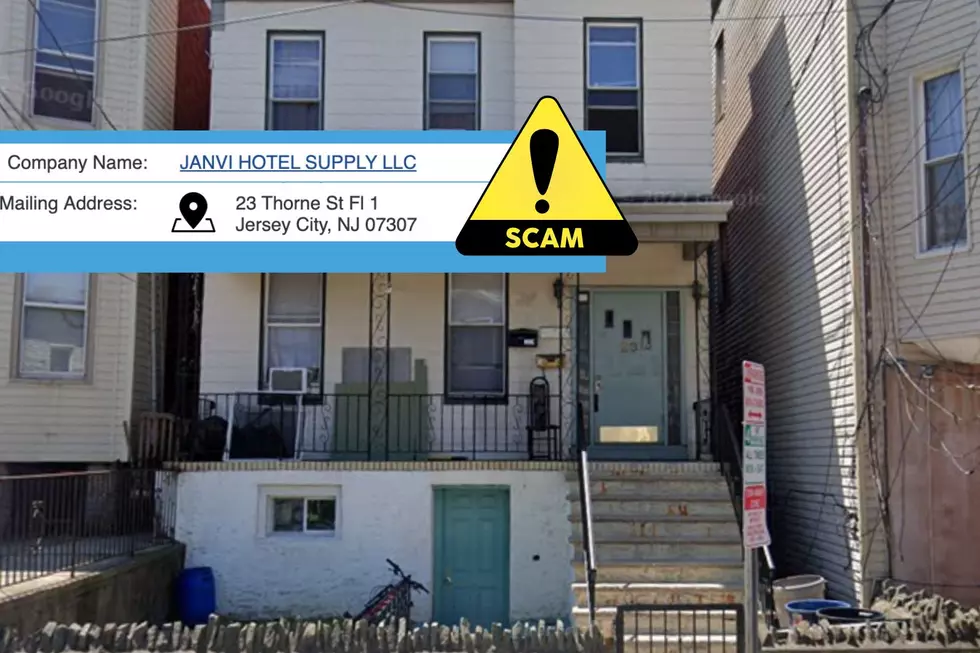
NJ bail reform showing early signs of success, report finds
Criminal justice reform implemented in New Jersey at the start of 2017, including a bail process that focuses less on money and more on the defendant's risk, has helped reduce arrests in the Garden State and cut the amount of time presumably innocent individuals are spending behind bars, according to a study released Thursday.
The MDRC Center for Criminal Justice Research used statistical methods to predict what would have occurred without the reforms for a year, and compared those findings to actual results.
"MDRC's findings confirm that bail was almost never used as a condition of release in the year since the legislation went into effect," said Cindy Redcross, director of the center and lead author of the study.
The nonprofit held a teleconference with members of the press to announce its findings.
The study found success in the state's decision to shift from a pretrial justice system that relied heavily on monetary bail, to a more objective system that evaluates a defendant's likelihood of posing a public safety risk.
"It ended the discriminatory impact that the reliance on monetary bail has on people accused of crimes, particularly poor people who don't have the resources to post monetary bail and often ended up spending months and months and months in jail," said Joseph Krakora, a public defender in New Jersey.
Krakora said changes have also led to an "intellectually honest" discussion in court about who should and should not be held in jail before trial.
MDRC's study registered a 12.5% drop in arrests post implementation of criminal justice reform in the state. That drop was driven mostly by fewer arrests for the least serious types of charges. There was a surge, meanwhile, in summons complaints, which result in an individual's release with a future court date, and a decrease in the number of warrant complaints that would require one be held pending an initial appearance.
"That we've reduced the pretrial population by 6,000 people is an unmitigated victory for the cause of justice," said Alex Shalom, director of Supreme Court advocacy for the American Civil Liberties Union-New Jersey. "That we've also reduced the number of people who are being drawn into the incarceration system, even for a couple days, is hugely important."
Changes implemented in 2017 also include a statutory right to a speedy trial — specific limits placed on the amount of time within which an incarcerated defendant must be brought to trial.
MDRC's report comes on the heels of a 2018 report from the New Jersey Judiciary that found, in the face of a significantly reduced pretrial jail population, no uptick in pretrial crime rates, and continued high court appearance rates,
More from New Jersey 101.5:
Contact reporter Dino Flammia at dino.flammia@townsquaremedia.com.
More From New Jersey 101.5 FM









